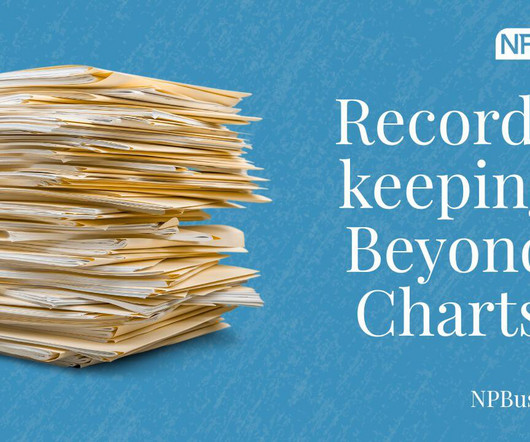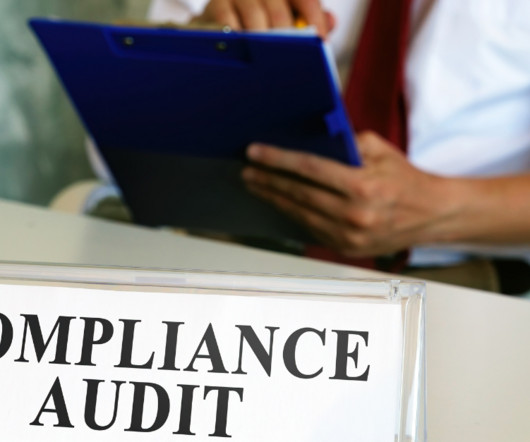Record-Keeping Beyond Charts
Nurse Practitioners in Business
APRIL 24, 2025
HIPAA-related documents, such as privacy notices and release-of-information forms, also fall under this category. Audit Trails and Internal Reviews Keep records of your self-audits, such as chart reviews for coding accuracy, or checks to ensure your practice follows HIPAA protocols.


















Let's personalize your content